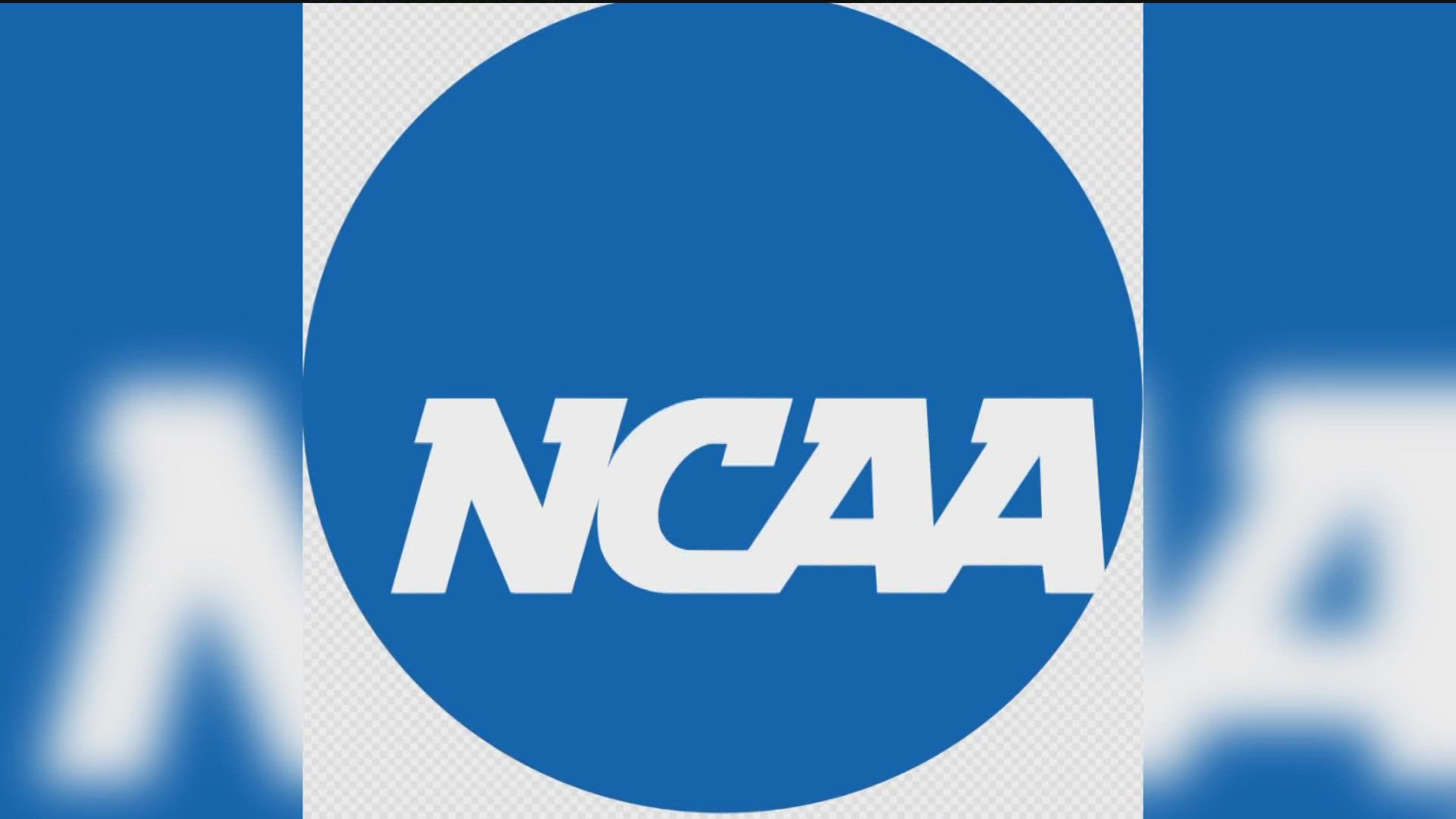SAN DIEGO — A recent string of female college athlete suicides is raising concerns. There have been at least three suicides at universities across the country over the past several weeks.
Experts told CBS 8 while all college students have a lot on their plate, student athletes take on at least another 20 or more hours of weekly practices and games, which adds to their workload.
On top of that, there’s a lot of pressure associated with being a student athlete.
"There's this really interesting thing that's happening among sports in general is this culture of perfectionism," said Veronica Campbell, a licensed marriage and family therapist at Sharp Mesa Vista Hospital.
Campbell says that culture of perfectionism is what's preventing many student athletes from seeking help.
"Being a collegiate athlete, you are the best of the best of the best. You're extraordinary and I think part of what goes on is being extraordinary, you are on a pedestal and so asking for help almost seems kind of counterintuitive like I have to be the best," said Campbell.
Less than three weeks ago, Lauren Bernett, a 20-year-old softball star from James Madison University killed herself.
Her suicide follows that of Sarah Shulze, a cross-country athlete at the University of Wisconsin-Madison and 22-year-old Stanford soccer captain Katie Meyer who took her own life in early March.
According to the NCAA, while the suicide rate among student athletes is lower than those of the same age in the general population, mental health concerns for student athletes were 150% to 250% higher in May of 2020 than historically reported.
And though men die from suicide more than women, Campbell says one key component to helping bring down those numbers for everyone is to get rid of the stigma surrounding mental health.
"We want to normalize seeking help. We want people to come to mental health like they would come to their primary care physician," said Campbell.
As for what signs to look out for, Campbell says withdrawal and changes in personality are among the most obvious.
Still, it's important to note many people suffer in silence, and since privacy laws prohibit colleges from contacting parents about students' mental health, checking in with your child is crucial.
“Reach out to the people around you,” said Campbell.
Campbell says while there is a shortage of mental health providers, help is always available.
The National Suicide Prevention Hotline is free to anyone, 24/7.
Their number is 1-800-273-TALK.
WATCH RELATED: Concerns grow over suicide among college students nationwide (October 2021)

